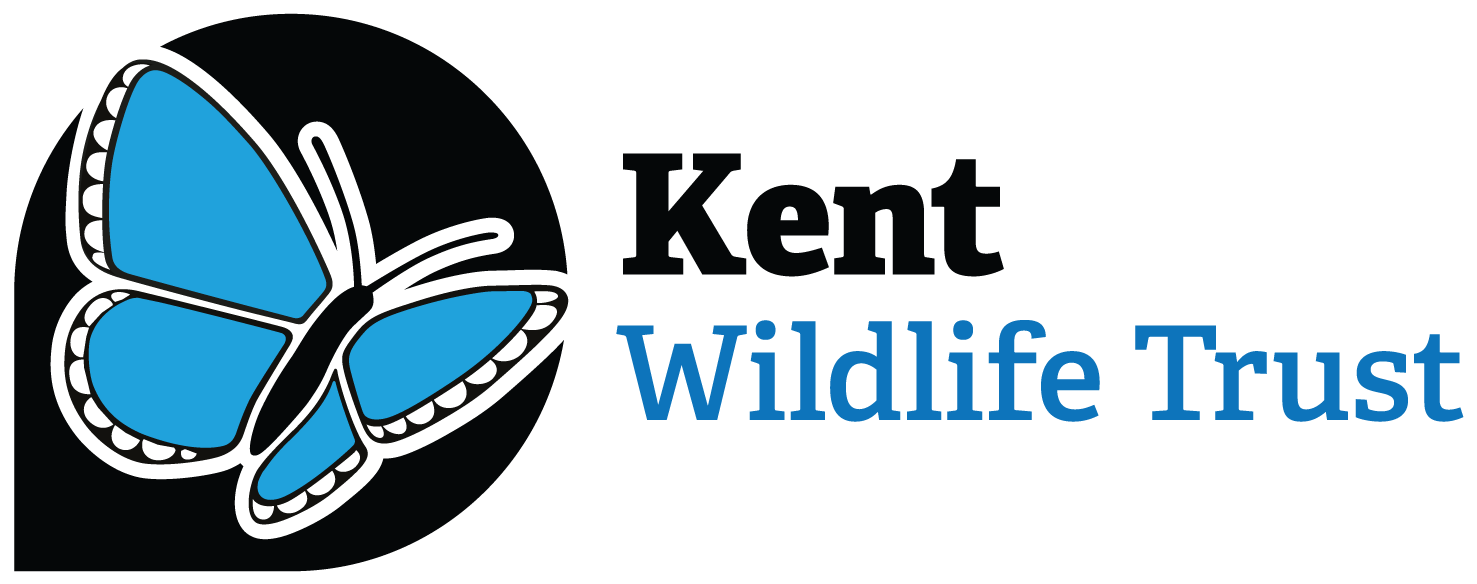We attended a Kent Wildlife Trust Livestock Checkers’ Training course on Tuesday 17 May – a thoroughly enjoyable and very instructive morning. We spent time at two reserves and were met at the first, Queendown Warren, by Alison Ruyter, one of the Trust’s Area Manager - and 5 over-familiar Dexter cattle! Alison showed us how to react around the cattle – for one of us, a good way to overcome our uneasiness around big animals. It was a really informative session. Cattle would be prey animals in the wild, and we learnt how this influences their reactions within their groups, and around humans - how they respect each other’s personal space, how they react to humans approaching them, and how to read their body language and pressure responses.
We then sought out 13 Herdwick sheep which were sitting in the shade at the top edge of the field, before going on to look at 16 new cattle – a herd of 8 Longhorns and 8 Black Angus. We stood and watched from a distance for a long time, checking the appearance of each cow to make sure none of them were showing any signs of injury or infection. Just leaning on the gate, watching from a slight distance, meant they stayed relaxed making it easy to watch each animal individually and to see how they were behaving towards each other within the group.
We then moved on to Nashenden Down where there were two Large Black pigs – someone obviously lacked imagination when naming this breed – and 200 Herdwick ewes and lambs spread over 55 hectares! Unusually we were allowed to interact directly with the pigs as Alison fed them, as it would otherwise have proven impossible to get close enough to check them. We then walked across the reserve checking the sheep who were almost all settled in under the hedgerows keeping cool. Although counting was impossible, we were able to make sure that all the sheep and lambs appeared fit, happy and relaxed.
It was a really enjoyable morning with a very knowledgeable and enthusiastic trainer, and we feel better equipped now for our roles as livestock checkers, currently with sheep, but with the prospect of the lively Dexters joining them at some time in the future. If you get the opportunity to do so, do attend a Livestock Checkers’ Training course. You will be entertained and learn a lot about your role – and about the lead Kent is taking among the Wildlife Trusts in using livestock grazing to maintain its reserves. And you will get a guided tour of one or more of the Trusts reserves, on occasions ones that you would otherwise be unable to visit. We were taken to two reserves we had never visited before but that we will certainly want to visit again.



